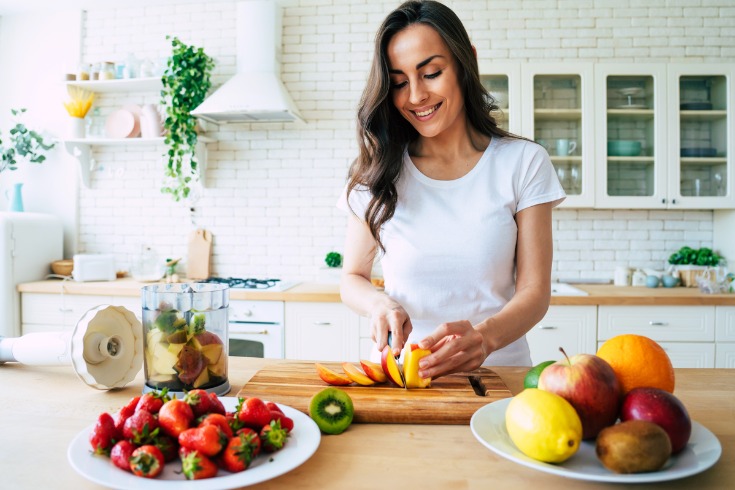
With mental health in the spotlight because of the pandemic, Australians are more aware of their well-being than ever. There are currently many factors outside of our control that take a toll on our mental health.
But there are also actions we can take to improve it. One of the easiest is to watch what we eat.
What is the Link Between Mental Health and Nutrition?
The gut-brain axis is a bi-directional link between the brain and gut. Also known as “the second brain”, the nervous system in your gut communicates with your brain. This system plays a role in mental health and some diseases. Research has found that gut bacteria produce neurotransmitters including serotonin, dopamine, and GABA. These neurotransmitters are responsible for regulating your mood.
Some foods are more harmful to your mental health than others. Foods that are high in sugar, fat, salt and those with a high glycaemic index should be avoided. These foods cause a heightened insulin response. So while they cause us to feel better soon after, they can lead to a rapid drop in mood.
What Foods Should We Eat for Good Mental Health?
Some foods contain nutrients and minerals that help to keep our brain healthy and our mood elevated and stable.
Complex Carbohydrates
Complex carbs slowly release energy into our bodies. Some great sources of complex carbs include wholegrain breads and pastas, brown rice, nuts, beans and vegetables. Colourful fruits and vegetables contain lots of antioxidants and vitamins to help our bodies cope with stress. Try to eat several servings of fruit and vegetables, with a variety of colours every day. Vegetables have less sugar than fruit. So concentrate on eating plenty of leafy greens and high fibre root vegetables.
Fermented Foods
Fermentation was a popular way of preserving foods before refrigeration. Today we should eat fermented foods for their role in keeping our gut healthy.
Pickled vegetables are high in antioxidants and probiotics. It’s best to choose ones you buy from the refrigerated section of the supermarket or make your own. Those in bottles on the shelf are less likely to be raw and alive with the nutrients intact. Just remember pickled and fermented foods are high in sodium so you want to eat most of your vegetables fresh.
Fibre
We all know fibre helps keep us regular, but it’s also good for the brain. Eat a wide range of wholegrains, legumes, beans, whole fruits and vegetables. Green apples are not only a good source of fibre but they are also ideal for our microbiome and can heal the gut.
Foods high in soluble fibre - known as inulin - have good prebiotic potential because they ferment in the colon into healthy flora. Eat plenty of bananas, leeks, onions and asparagus.
Fish
People who have a diet high in fish have lower levels of depression according to research. Try eating two serves per week of oily fish such as salmon high in omega-3 fatty acids.
Chocolate & Coffee
Don’t worry, not all of your vices are off the menu. If you like dark chocolate, you’re in luck. Chocolate contains an antioxidant called polyphenols, which research suggests can give your mood a boost. Dark chocolate also contains serotonin which acts as an antidepressant to elevate mood and stimulate endorphins. These are the brain chemicals that help relieve stress and create feelings of pleasure.
Coffee and tea also contain polyphenolic compounds. The research is ongoing, but drinking a couple of cups a day may help your mood. Just don’t overdo it as too much caffeine can cause some anxiety and jitteriness in some people.
What About Supplements?
Many people believe probiotic supplements are the only way to restore their gut balance. But for most people a healthy diet is all that’s needed to support a healthy gut and ensure a good gut-brain axis. By reducing some of the sugar, processed foods, and carbohydrates with healthier alternatives, you can have a healthy gut and mind. After all, you are what you eat.
If you have any questions about the link between your mental health and your diet, or you would like an individualised nutritional plan from a qualified dietician you can find more information here, or call PeopleSense by Altius on 1300 307 912 or (08) 9388 9000, or contact us online.